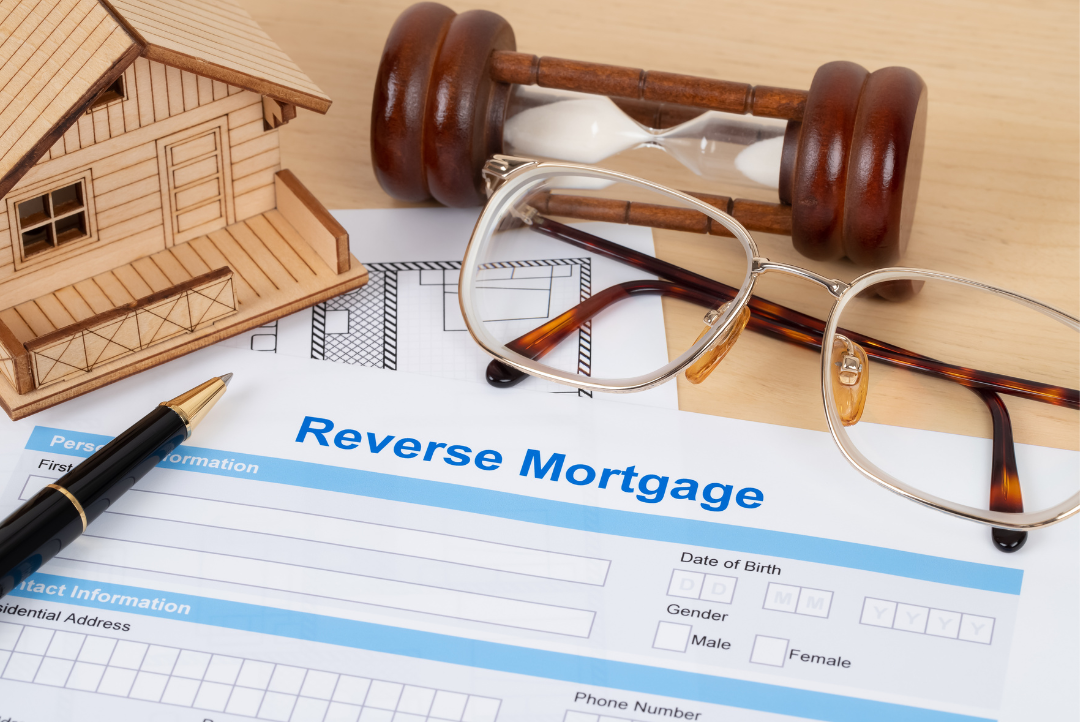
Reverse mortgages have become increasingly popular in recent years, with a reported 30% surge in demand in 2022. Originations exceeded $1 billion for the second consecutive year, contributing to a nationwide outstanding reverse mortgage debt estimated at around $5 billion. In light of high inflation, interest rates, and insufficient Canada Pension Plan (CPP) payments, more Canadians are turning to reverse mortgages as a potential solution to supplement their retirement income. By viewing their homes as a reliable source of funding, they can avoid the need to sell their property.
What Is a Reverse Mortgage?
A reverse mortgage is a type of loan that enables homeowners to access funds from their home equity without the need to sell their property. Borrowers can receive a loan amount of up to 55% of their home's current value, though the exact amount is determined by factors such as the borrower's age, property value, and the lender's terms. The borrowed principal is typically repaid when the home is sold, when the homeowner moves out, or in the event of the borrower's death.
Eligibility requirements for being approved for a reverse mortgage include:
- The homeowner must be at least 55 years of age.
- The home you reverse mortgage must be your primary residence (at least six months per year).
- Homeowners must pay their property taxes and maintain their property.

The Costs and Benefits of a Reverse Mortgage
One must consider potential benefits of reverse mortgages, such as financial flexibility, no monthly mortgage payments, and the ability to age in place. Prior to seeking a reverse mortgage, it is essential to understand both the advantages and disadvantages associated with using this financial tool to enhance your standard of living.
Pros
One primary advantage of a reverse mortgage is the ability to access funds to cover expenses that surpass your income, whether it's from employment or your pension.
Another appealing aspect of a reverse mortgage is the absence of obligatory regular loan payments. You have the flexibility to repay the principal and interest in full whenever you choose, which can be particularly beneficial if you do not have heirs or family members who will inherit the property upon your passing.
Ultimately, when you reach an age where employment is no longer feasible and you aim to enhance or sustain your quality of life, a reverse mortgage can provide valuable assistance.
Cons
Since you are borrowing against the equity in your home and interest charges compound over time, the debt amount will increase, ultimately reducing the inheritance for your heirs.
Failure to pay property taxes or other homeownership-related expenses could potentially lead to foreclosure and the loss of your house.
The duration of the reverse mortgage is of utmost importance as starting it too early may result in outliving the term.
Furthermore, the longer you defer making payments to the lender, the more interest will accrue on the reverse mortgage. Typically, reverse mortgages carry high average interest rates, reaching as high as nine percent.

A sluggish economy, rising living expenses, and market uncertainty means homeowners are actively seeking strategies to unlock the financial benefits of owning a home. With concerns about retirement, exploring the option of a reverse mortgage can offer a viable solution to ensure financial security during your golden years. By considering a reverse mortgage, you can safeguard your ability to meet essential needs and enjoy a fulfilling life, even in the face of economic challenges.
Posted by Infinity Admin on
Leave A Comment